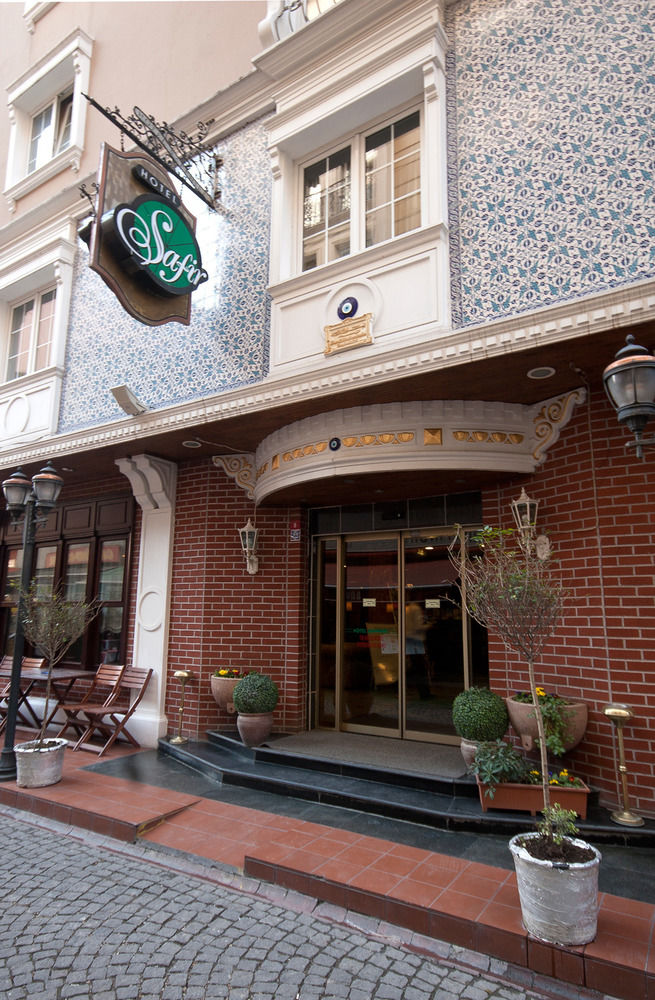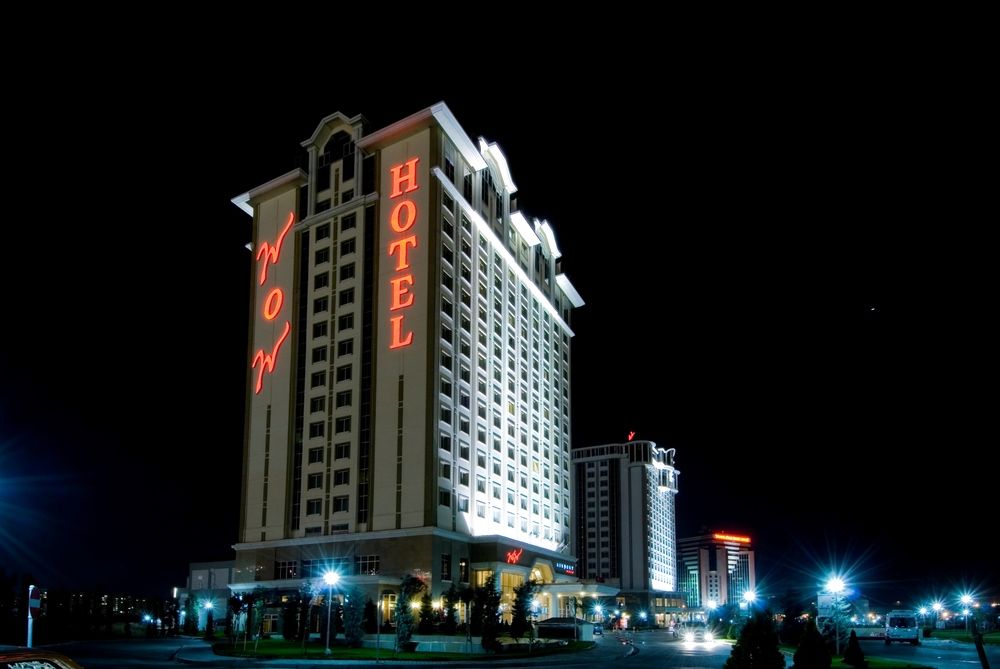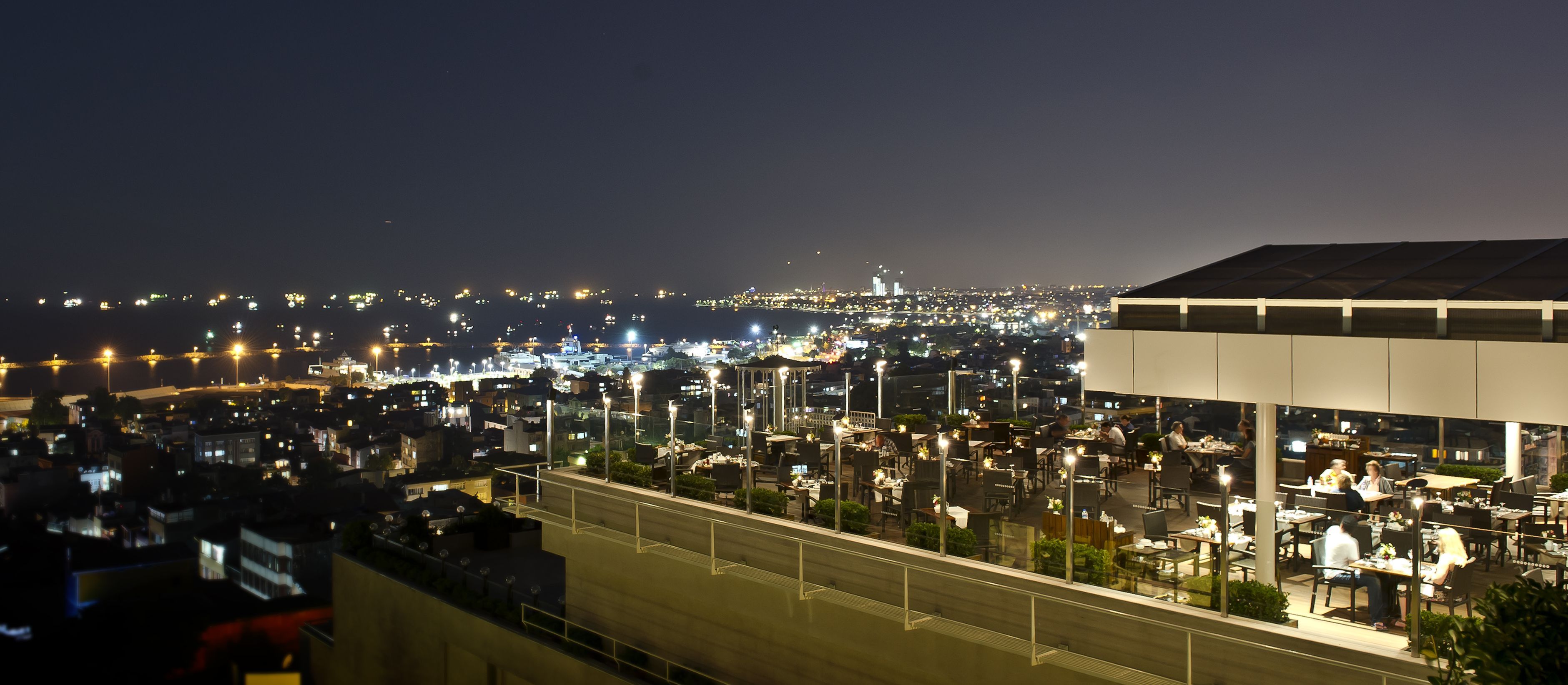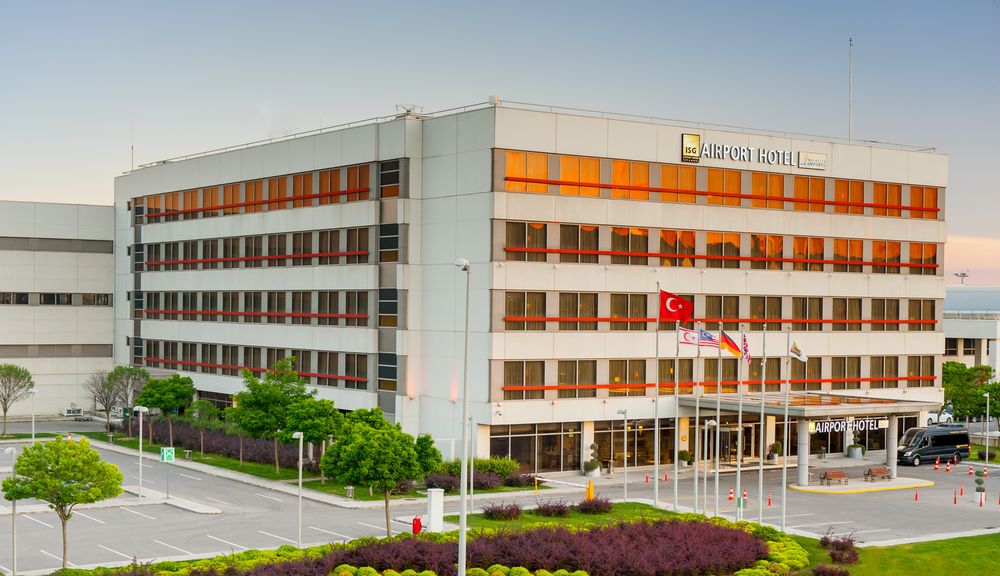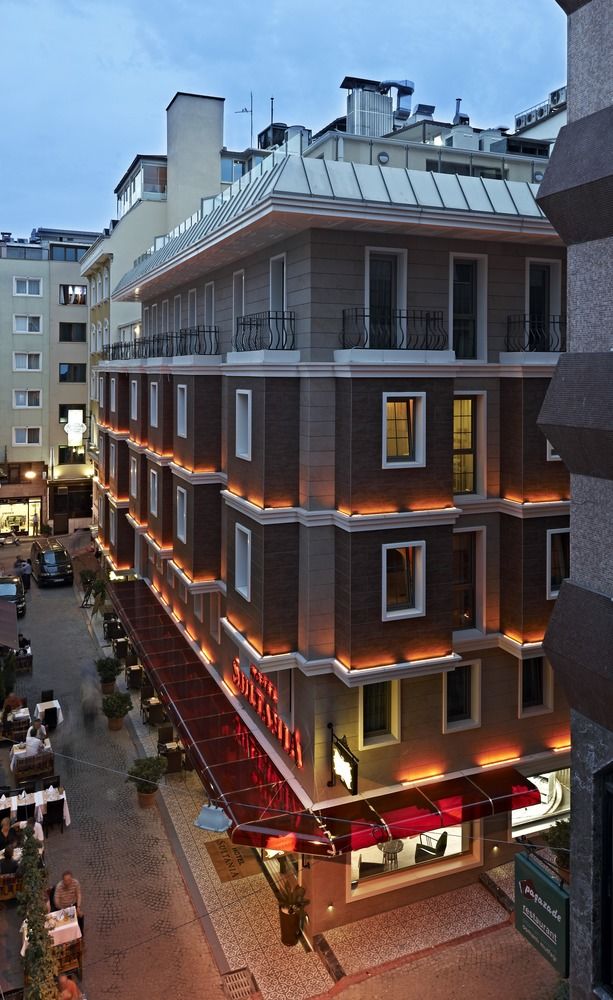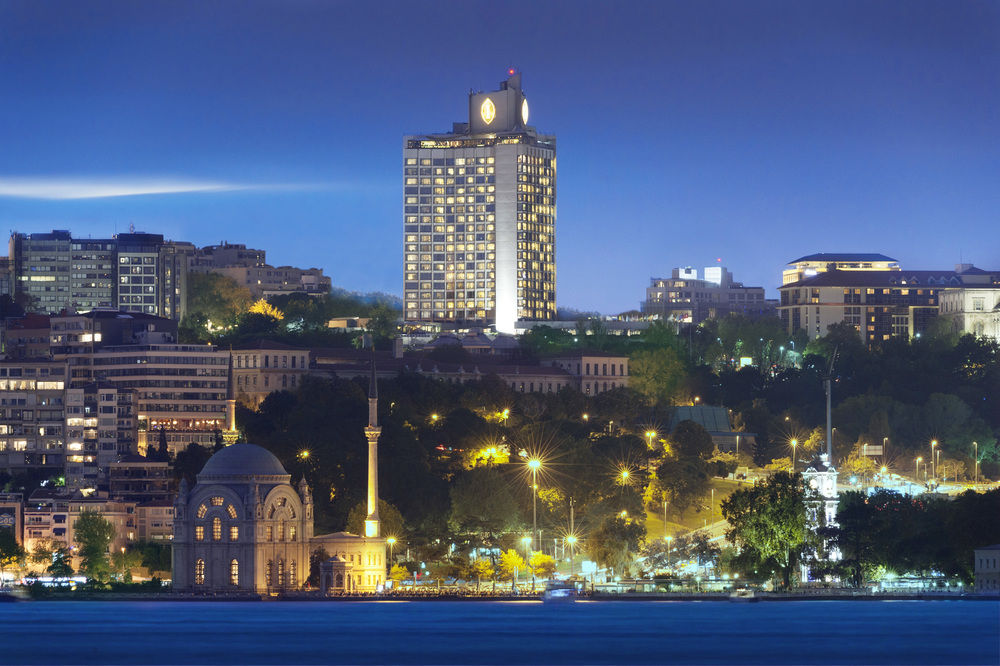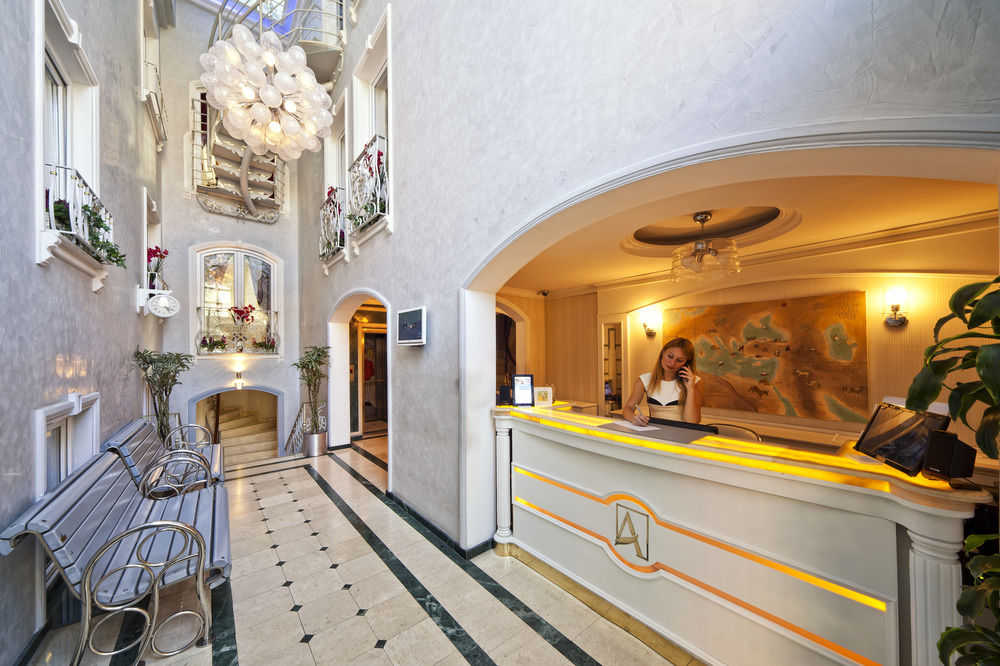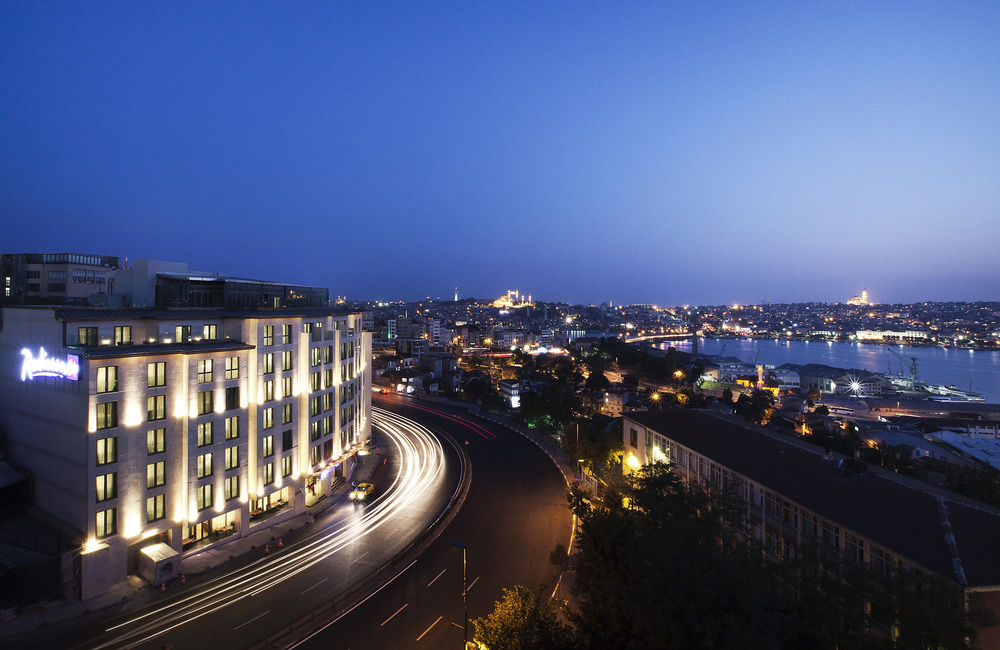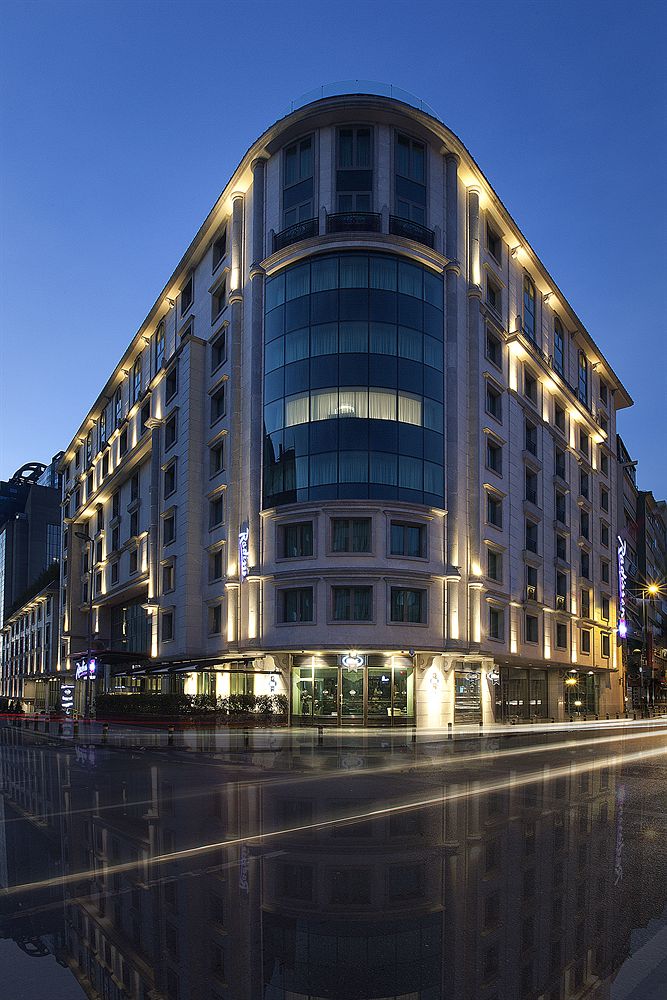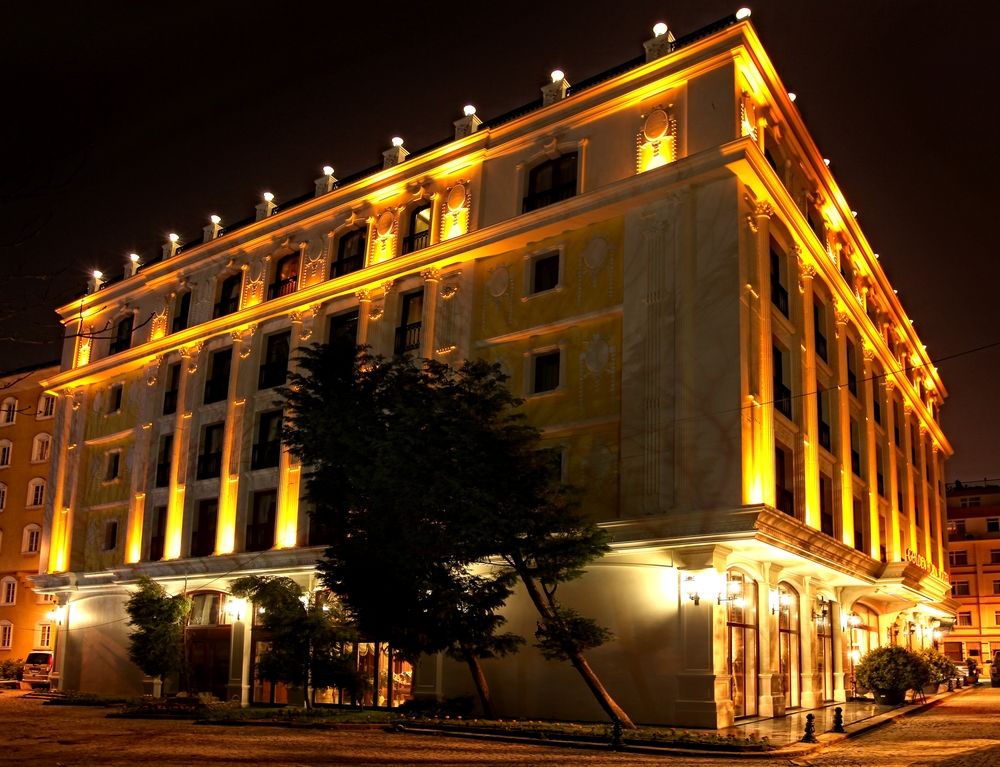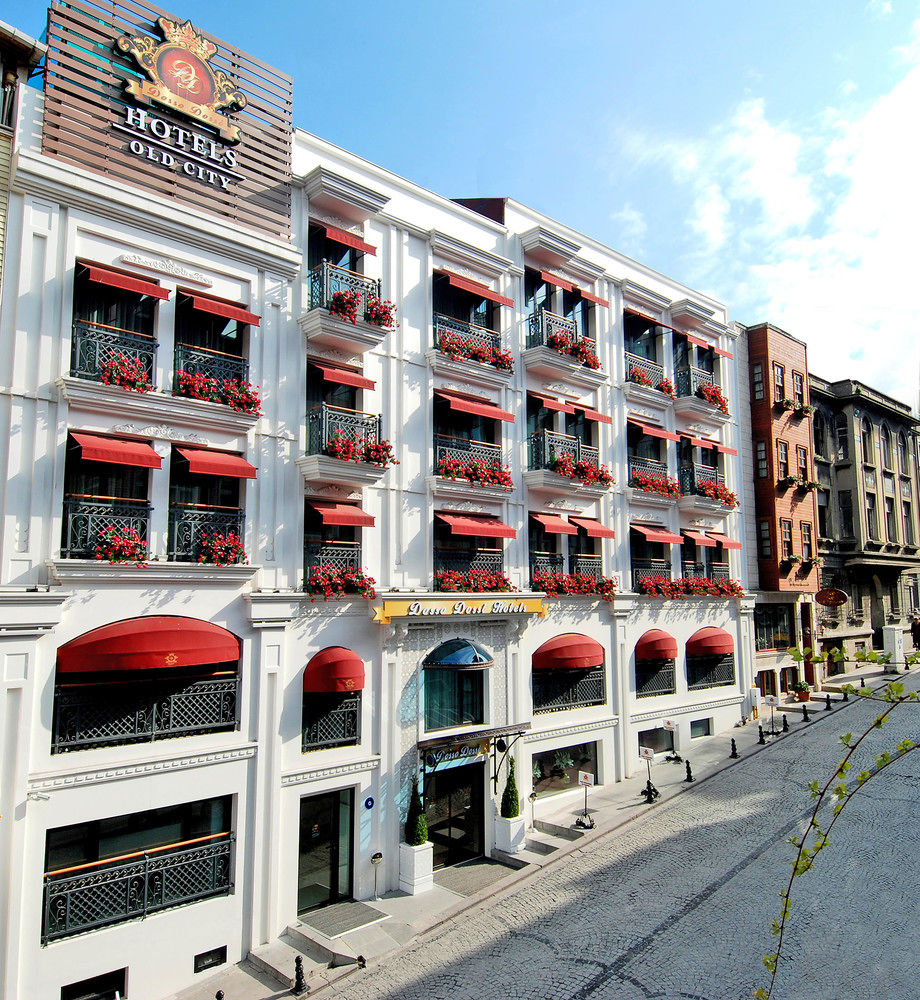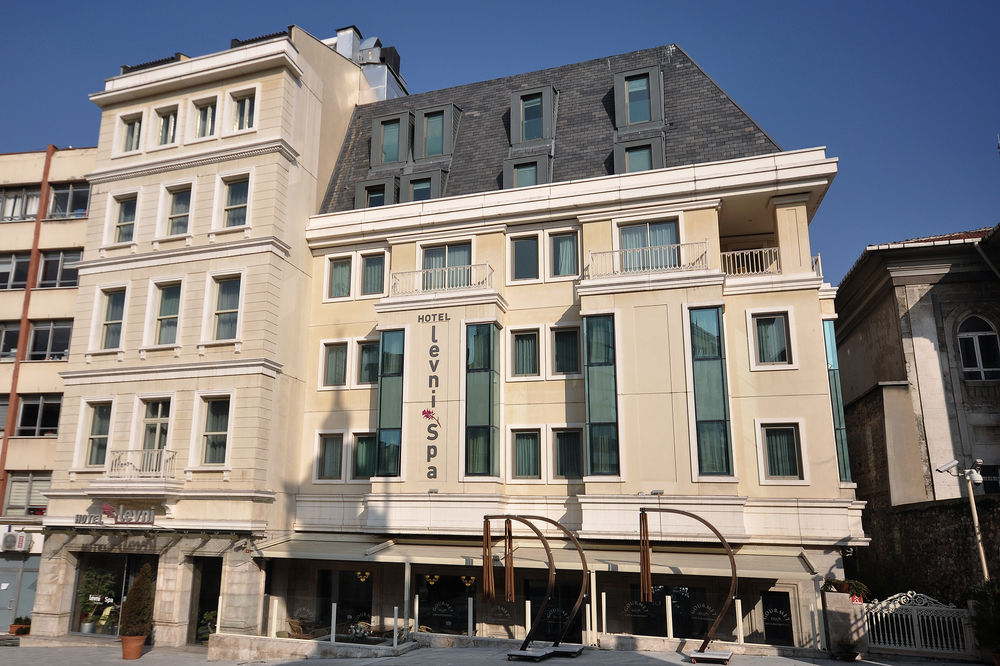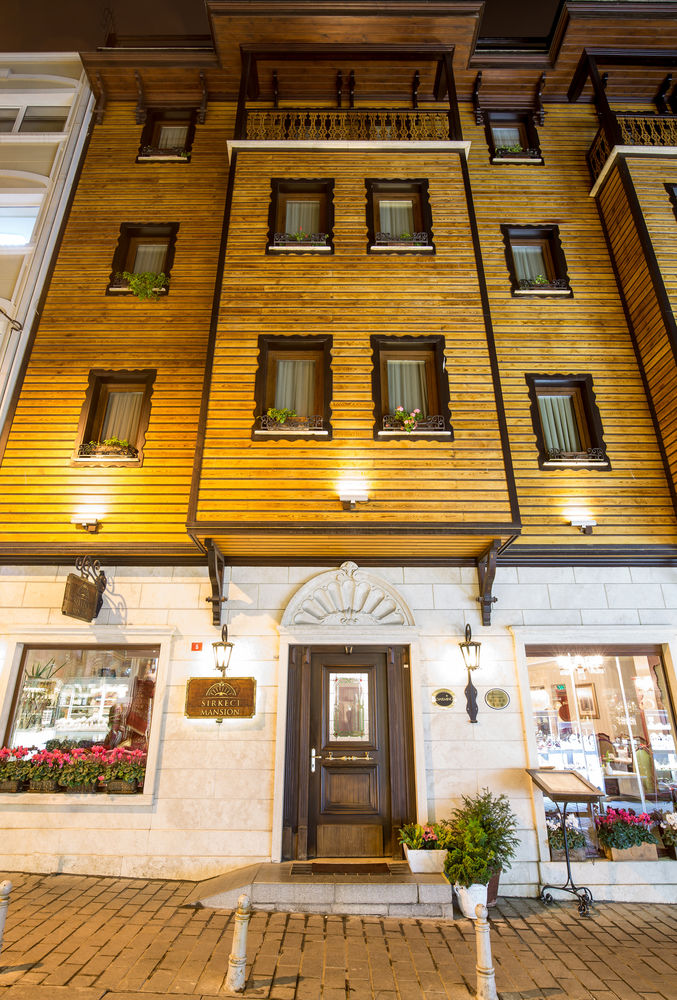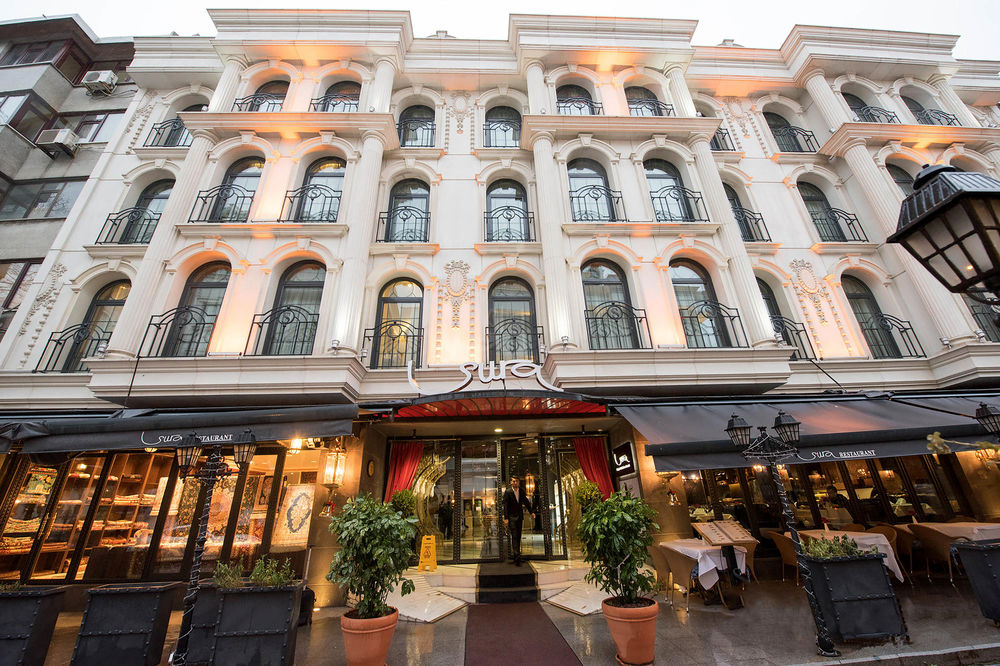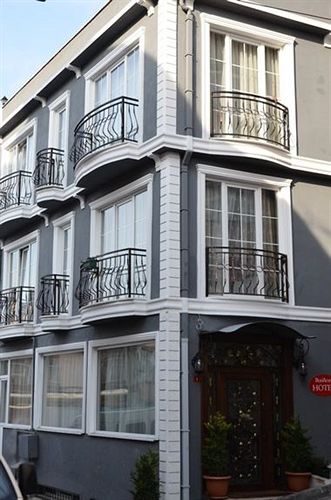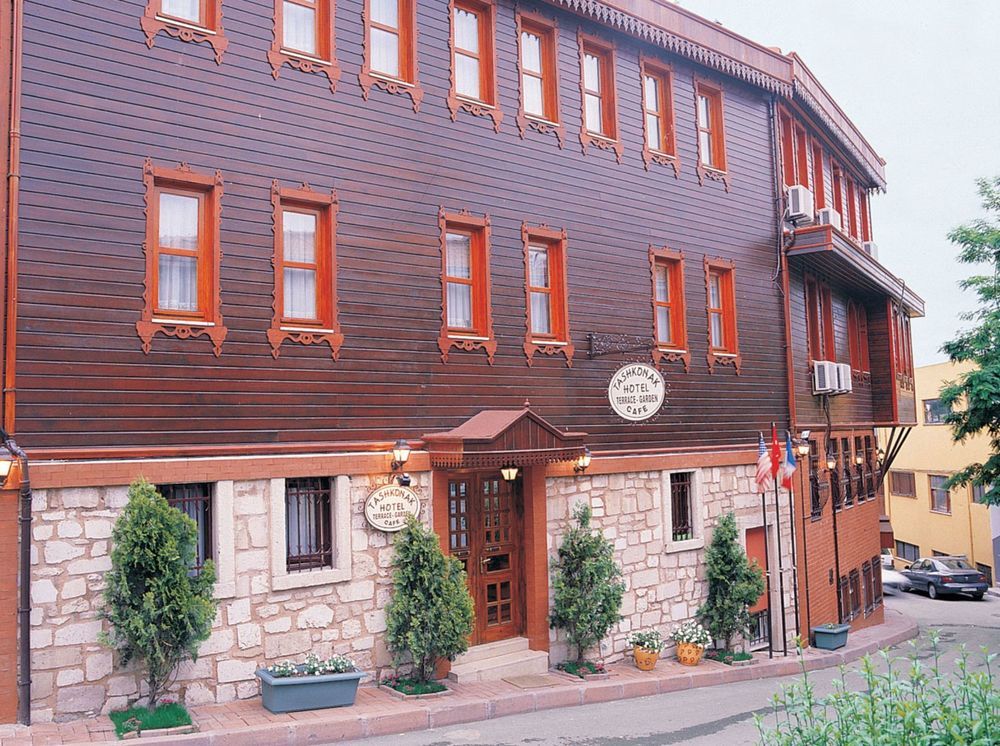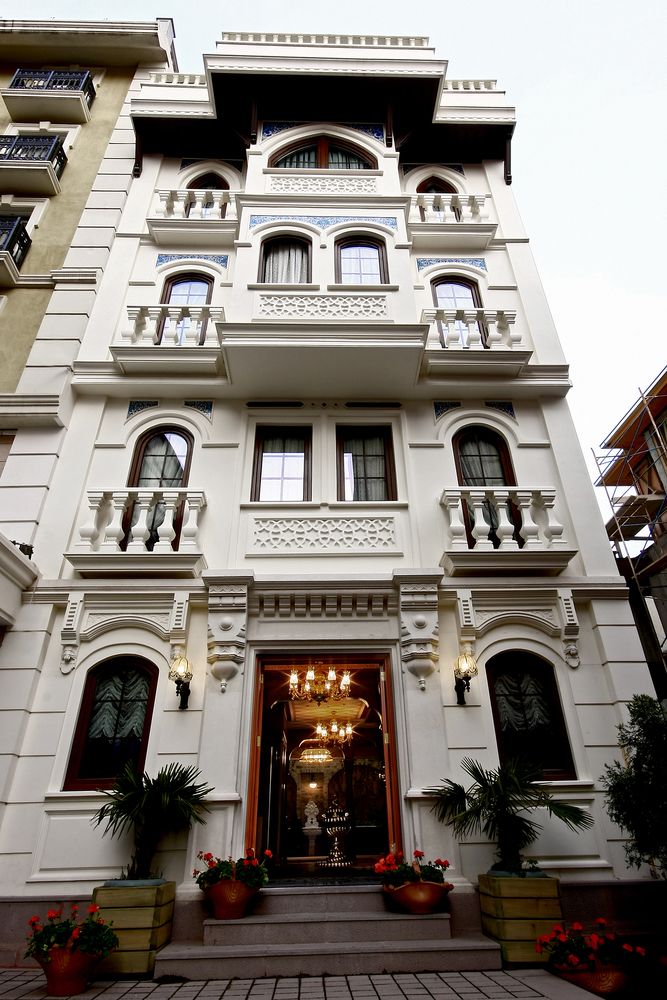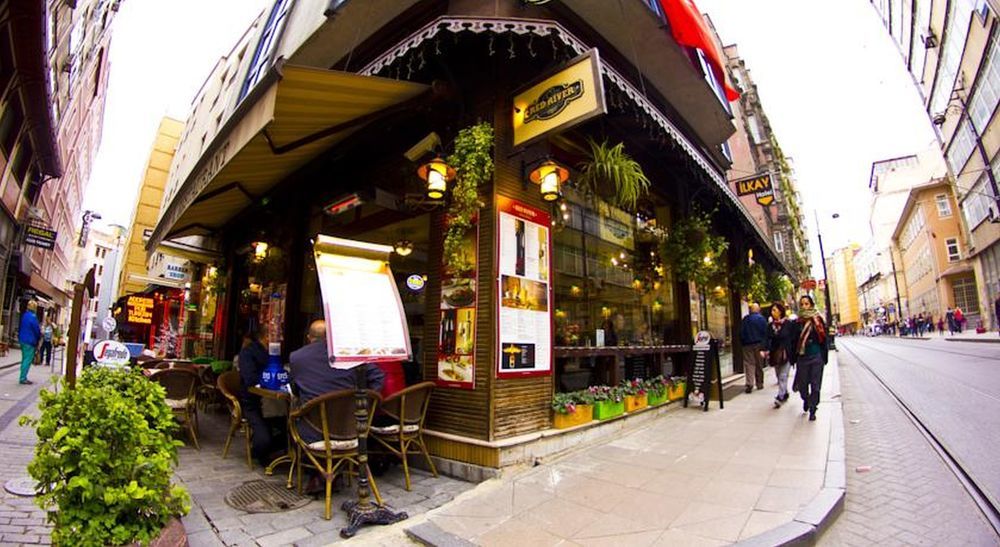
イスタンブールホテル検索結果
AIが見つけた軒のホテルの最安値をご覧ください。
ベストホテル
最安値のホテル
ホテル等級
AIおすすめ
イスタンブールベストホテル
イスタンブール 最低価格のホテル
最高評価のホテル
イスタンブールにある5つ星ホテル
イスタンブールにある4つ星ホテル
イスタンブールにある3つ星ホテル
AIがおすすめする世界の旅行先
イスタンブール近くのホテル情報
イスタンブール 旅行に欠かせない情報
“A melting pot of the Eastern and Western cultures”
Istanbul (UK: , or US: or ; Turkish: İstanbul [isˈtanbuɫ] ( listen)), historically known as Byzantium and Constantinople, is the most populous city in Turkey and the country's economic, cultural, and historic center. Istanbul is a transcontinental city in Eurasia, straddling the Bosporus strait (which separates Europe and Asia) between the Sea of Marmara and the Black Sea. Its commercial and historical center lies on the European side and about a third of its population lives on the Asian side.
The city is the administrative center of the Istanbul Metropolitan Municipality (coterminous with Istanbul Province), both hosting a population of around 15 million residents. Istanbul is one of the world's most populous cities and ranks as the world's 4th-largest city proper and the largest European city. Istanbul is viewed as a bridge between the East and West.
Founded under the name of Byzantion (Βυζάντιον) on the Sarayburnu promontory around 660 BCE, the city grew in size and influence, having become one of the most important cities in history. After its reestablishment as Constantinople in 330 CE, it served as an imperial capital for almost 16 centuries, during the Roman/Byzantine (330–1204 and 1261–1453), the Latin (1204–1261), and the Ottoman (1453–1922) empires. It was instrumental in the advancement of Christianity during Roman and Byzantine times, before the Ottomans conquered the city in 1453 CE and transformed it into an Islamic stronghold and the seat of the Ottoman Caliphate.Istanbul's strategic position on the historic Silk Road, rail networks to Europe and the Middle East, and the only sea route between the Black Sea and the Mediterranean have produced a cosmopolitan populace. While Ankara was chosen instead as the new Turkish capital after the Turkish War of Independence, the city has maintained its prominence in geopolitical and cultural affairs. The population of the city has increased tenfold since the 1950s, as migrants from across Anatolia have moved
 時間 UTC+03
時間 UTC+03 通貨 TRY
通貨 TRY 言語 Turkish, Kurdish, Dimli, Azeri, Kabardian
言語 Turkish, Kurdish, Dimli, Azeri, KabardianStaypiaだけの特別な特典
リアルタイムホテル最安値比較
AIが見つけたin イスタンブールの軒のホテルのリアルタイム最安値を簡単に比較検索できます。
316万軒のホテルを最安値で予約
最低価格に最大31%追加メンバーシップ割引でさらにお得にご予約いただけます。
自分だけの
AIがリアルタイムで更新するイスタンブール旅行情報で便利に旅行を準備しましょう。
よくある質問
イスタンブールで最も人気のある5つ星ホテルはHilton Istanbul Bomonti, Hotel Sultania, Sura Hagia Sophia Hotelです。 イスタンブール 評価順にホテルを見る
イスタンブールで最も評価の高いホテルはHilton Istanbul Bomonti, Hotel Sapphire Istanbul, Radisson President Beyazit Istanbulです。
一般的なホテルの場合、客室予約はキャンセル締切日前まで無料返金が可能です。キャンセル締切日以降は手数料が発生する場合がありますので、ホテルバウチャーまたはメニュー>マイ予約でキャンセル締切日をご確認ください。
ステピアでは、AIが収集した316万件のホテルの最安値はもちろん、会員限定の追加割引価格で人気ホテルを予約することができます。
